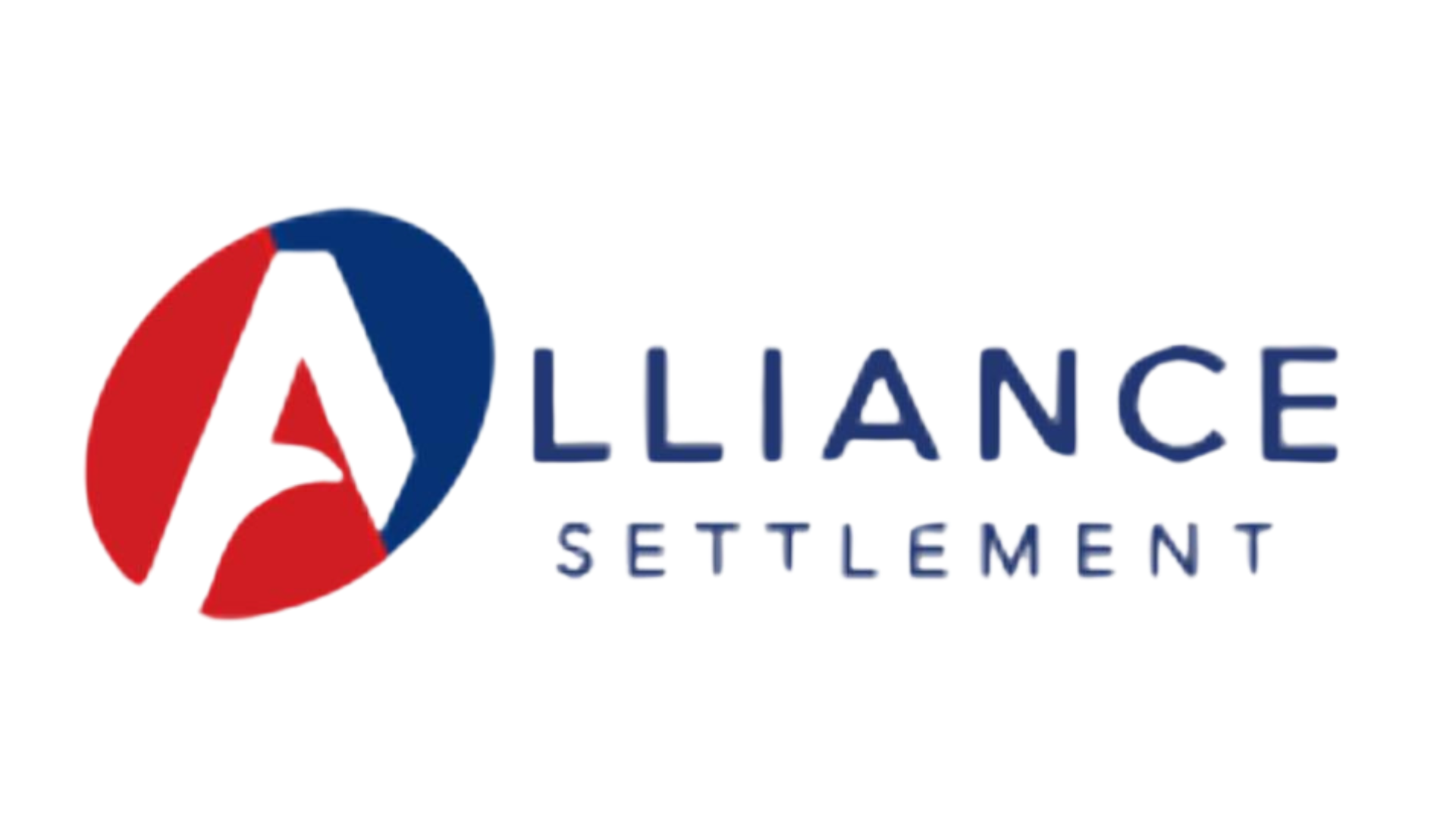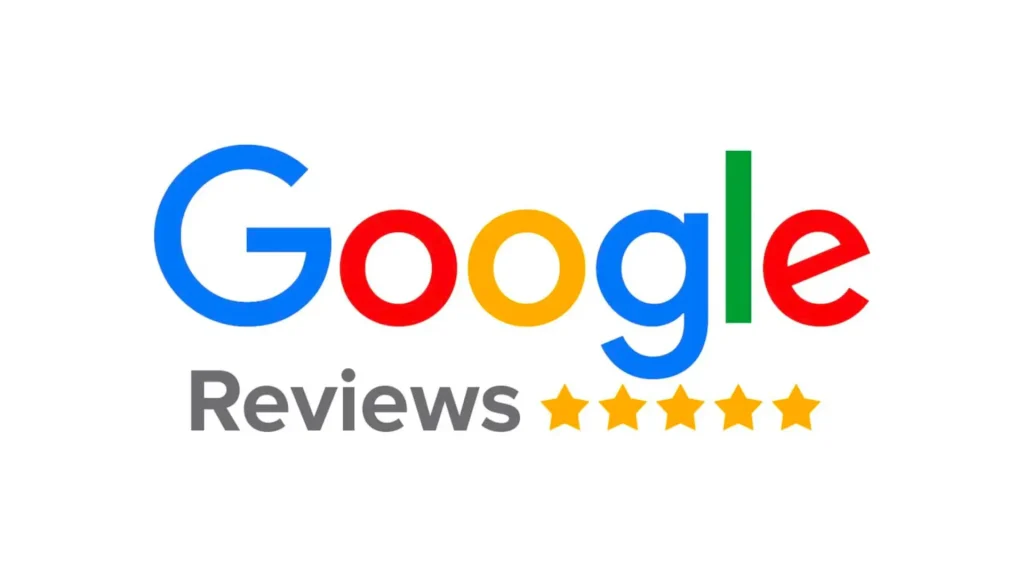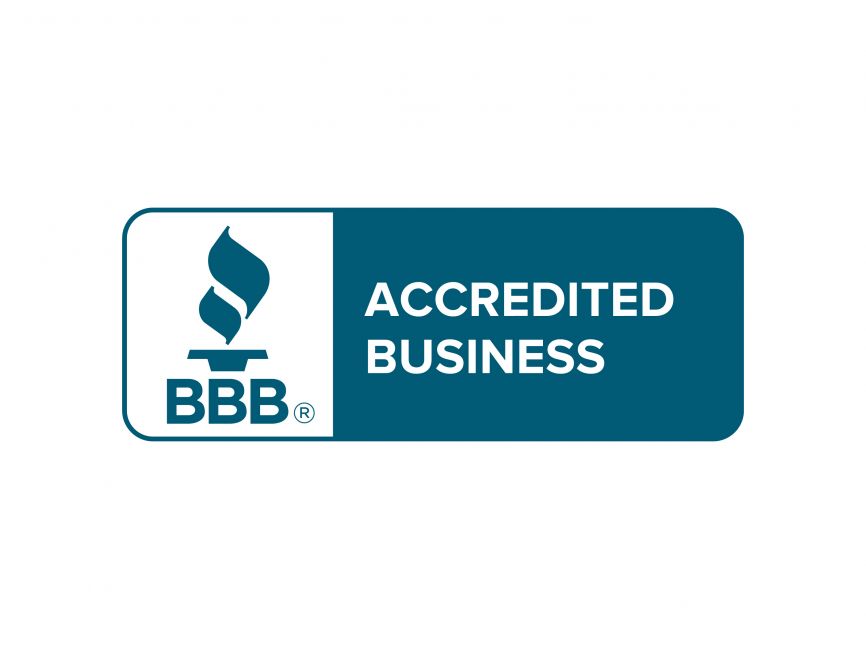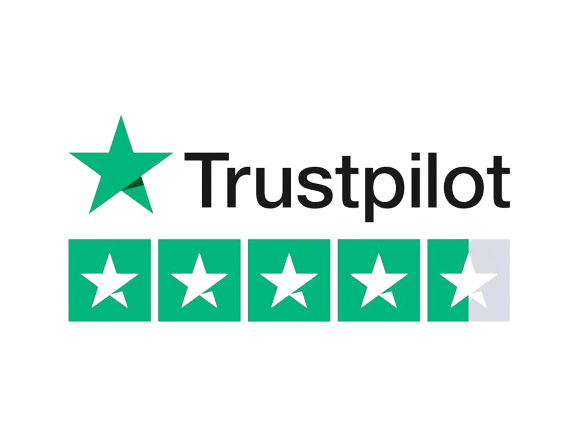If you're juggling multiple credit cards or loans with high interest rates, debt consolidation might sound like a lifeline. But before you move forward, it’s important to understand how it works and whether it's truly the best option for your needs.
What is debt consolidation?
Debt consolidation means combining several debts into a single loan. The goal is usually to secure a lower interest rate and make just one monthly payment instead of many.
Common types of debt consolidation include:
- Personal loans: Fixed-rate loans used to pay off credit cards or other high-interest accounts
- Balance transfer cards: Credit cards offering 0% APR for a limited time when you transfer balances
- Home equity loans or HELOCs: Loans that use your home as collateral, which can be risky
When might debt consolidation be a good idea?
- You have a good credit score that qualifies you for better rates
- Your total debt is less than 40% of your income
- You are confident you can make the new monthly payment on time
When might it not be the best option?
- Your credit score is low, limiting your loan options
- You keep using your credit cards after consolidating
- You’re already behind on payments or facing lawsuits
What are some alternatives to consolidation?
- Debt settlement: Negotiate your balances with help from professionals
- Credit counseling: Work with a nonprofit to build a repayment plan
- Bankruptcy: A legal process to discharge debt, often a last resort
Making the right decision starts with the right guidance. At Alliance Settlement, we help you understand every option so you can move forward with confidence. Need help choosing the best path? We’re here to guide you.










